
In January 2008, a certain number of OTC (over-the-counter) cold medicines have been withdrawn from the market in United States, due to possible health risks for children younger than two years of age. This opened a series of debate whether to change the guidelines for children ages 2-11 or even label the medications to strictly prohibit their use in children younger than four years of age. In the end, the recommendation was to avoid the use of nonprescription cold medicines in children ages 2-5.
The newly created situation forced many parents to find alternative remedies for easing their children cold and cough symptoms. Many doctors will argue with the effect of home medications on a cold, but they agree that, at best, some can help in relieving the symptoms. The rest is simply a matter of time: the cold will run its course in 7-10 days.
Most doctors suggest that children should drink a lot of liquids and for babies younger than 6 months, to be breast-fed or stick to formula. Although some avoid giving milk, doctors emphasize its continuous use. Straight water is not recommended since the kidneys of the infant younger than 6 months cannot process it correctly, which may lead to an electrolyte imbalances. Children older than 12 months should be given water, juice and milk.
Fever
A doctor must be consulted before applying any home treatment and especially for the right dosage of medications. The range of medications varies in accordance with the infant’s age: infant acetaminophen for babies ages 3-6 months, acetaminophen or ibuprofen for those 7 months and older. Parents should not use Aspirin because of the potential risk of a serious brain and liver damage. No matter what age the infant is, in case of a high temperature, an immediate visit to a doctor is necessary.
Coughing
Pediatricians recommend honey for babies older than 1 month, half a teaspoon for children 2-5, one teaspoon for children 6-11 and two teaspoons for those 12 months or older.
The hazard of smoking is beyond discussion and the clean air will only do well for your child.
If the coughing continues beyond 10 days or if it keeps the child from sleeping, visit the doctor.
Scratchy throat
In this case, many doctors recommend soft foods such as puddings, popsicles, chicken soup, gelatin deserts and ice cream.
Congestion
Breaking up the nasal congestion is very important for babies, since they breathe through their noses. This is easily achieved with saline nasal drops. If, however, the congestion continues, make sure your child is more comfortable by resting with the head elevated. Do not use soft beddings or pillows, but rolled-up towels, due to the risk of sudden infant death syndrome. Some doctors recommend the use of a humidifier or a vaporizer, while some will advise against it. One thing is certain: the air in your child’s room should be moist and fresh to help ease the breathing.
High fever, breathing problems, child’s weakness, dehydration, or in the worst case, bloody mucus and saliva are all signs which call for an immediate medical attention. Call a doctor or emerceny medical services, and at all times be sure to closely monitor the condition of your child.


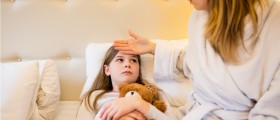
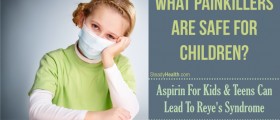


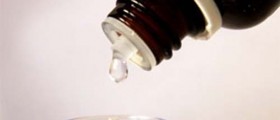
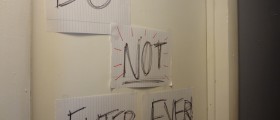
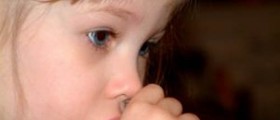
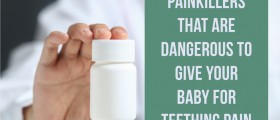

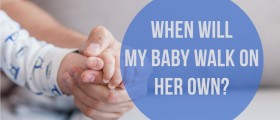
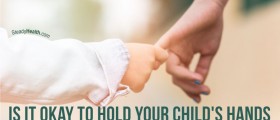
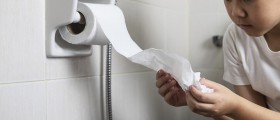
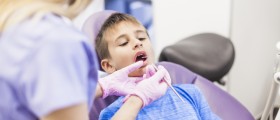
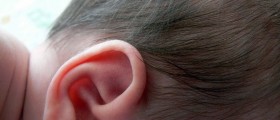
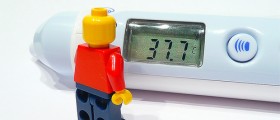
Your thoughts on this
Loading...